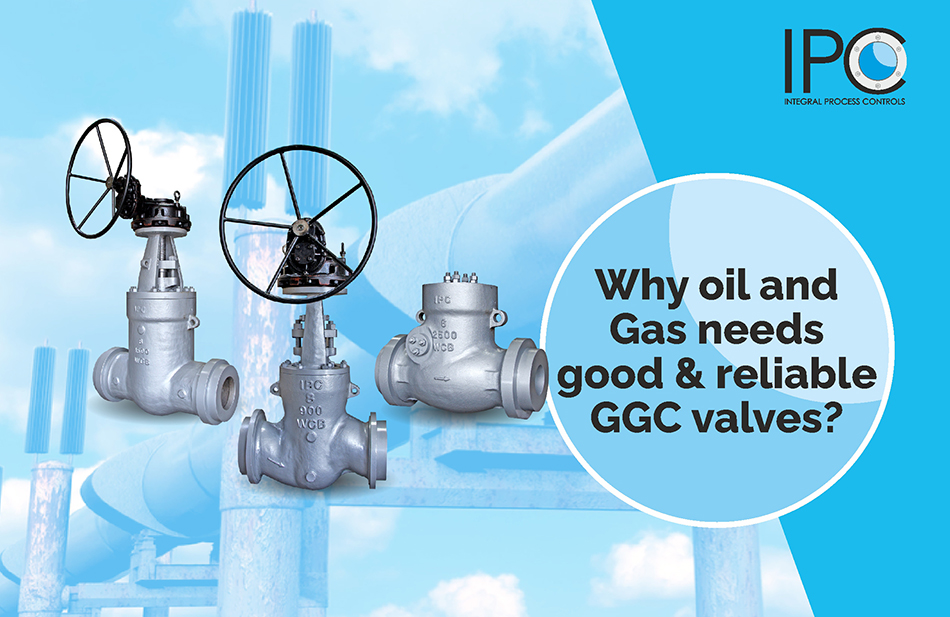Keeping the flow of oil and gas in pipelines is a monumental task and requires several reliable pieces of equipment. Industrial valves are one of these crucial equipment. Without these valves, the oil and gas industry could not ensure that crude oil, refined gas, natural gas, and other materials get to their destination.
No two environments are the same. Some are highly corrosive. At the same time, others function under constant high pressure. Because of these variations, Oil and gas sector needs Valves that can withstand both i.e. corrosive environment and high-pressure applications. That’s the reason why Gate, Globe and Check valves have been trusted by the oil and gas sector for decades.
Gate Valves
The gate valve is the most commonly used in the industry. It uses a gate/wedge system to open or close a pipeline entirely. This is an excellent & sturdy choice to maintain reliable and steady flow. When the actuator completely opens the valve, the channel is unobstructed, allowing. These valves are used where a reliable & steady flow is required with a negligible pressure drop.
Globe Valves
Wherever pressure or flow needs to be controlled, the globe valve is a perfect choice. It is also often used for open and close operations. The valve plug is vertically raised and lowered by the actuator as needed. They tend to create a more significant pressure drop than other valve types because of the S-shaped passageway within them. They are a good choice for flow regulation and throttling functions.
Check Valves
Oil & gas operations find check valves extremely helpful as the device opens under pressure and does not allow backflow of fluid or material. Because of the restricted backflow, cross-contamination of the product is prevented. There is no need for an actuator as required in other valve types. However, it does need precise sizing & installation to ensure that the valve responds to change in fluid pressure as required.
Because valves come in many different types and provide various functionalities, choosing the best one may be challenging. It is helpful to consider the primary function under which it will be used. Does the environment need standard or high pressure? Is there a need for additional safety? What is the ideal type of actuation?
Additionally, consider the type of environment where the valve will need to function. Consulting a valve solution provider or manufacturer is very important here.
IPC Valves has been a leading supplier of valves for Oil & Gas industry for over 2 decades. Contact us anytime for more information about our offerings. We are always ready to help.

